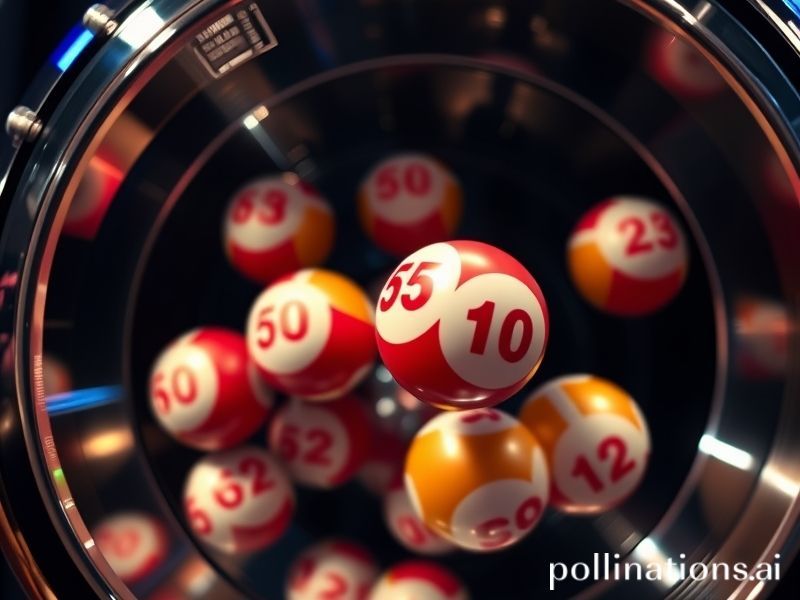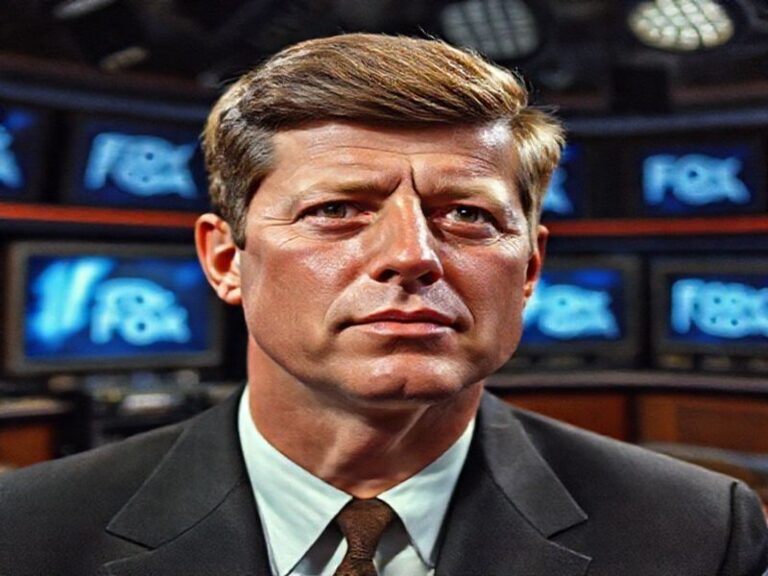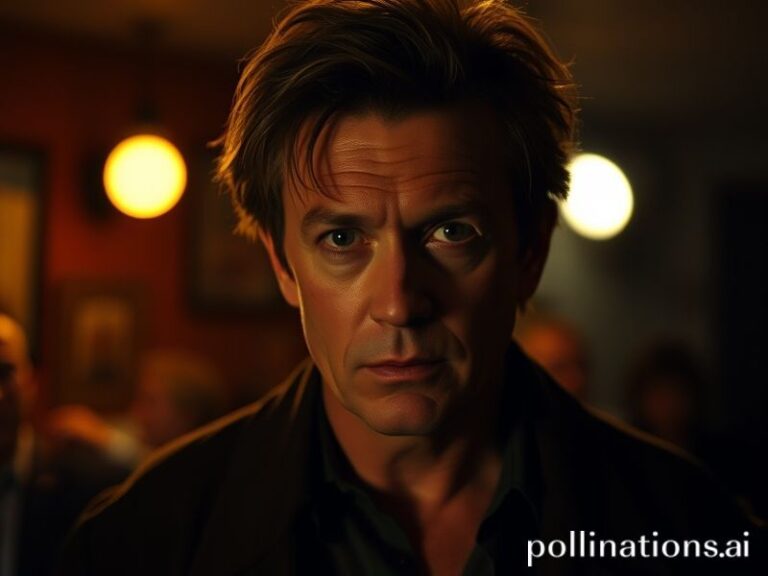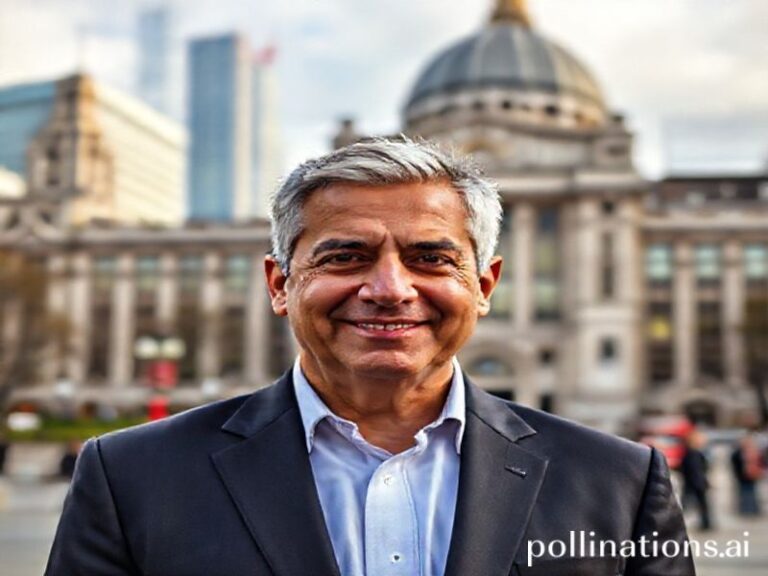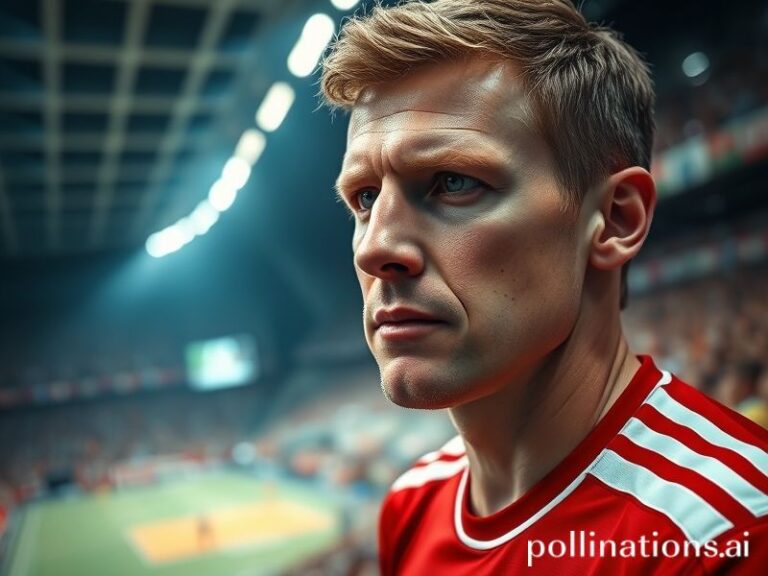EuroMillions Draw: How a €200 Million Jackpot Quietly Runs Europe’s Economy—and Its Escapist Fantasies
Friday night in Paris, and the EuroMillions draw is once again performing its miracle: for a few giddy minutes, the entire continent forgets about inflation, war, and the fact that most of us still can’t afford rent. Instead, 200 million people from Lisbon to Ljubljana lean toward their televisions, clutching tickets that are statistically more likely to combust spontaneously than yield a jackpot. Yet hope, that indestructible weed, keeps poking through the concrete of probability.
The numbers—9, 16, 27, 38, 44, with 2 and 7 for the Stars—will ricochet across nine time zones faster than a Russian oligarch’s yacht can reflag. In Lagos, a WhatsApp group of civil engineers will screenshot the winning line before the French announcer has finished mispronouncing “quarante-quatre.” In Montreal, an expat Parisian will sigh, “Ça aurait pu être moi,” then order another overpriced poutine. And somewhere above the Atlantic, a business-class passenger will refresh the EuroMillions app while the flight map shows him crossing the precise meridian where luck is manufactured and exported like champagne.
Globally, the draw is less a lottery than a quarterly stress test for human optimism. Economists at the European Central Bank quietly track ticket sales as a contrarian indicator: when jackpots swell past €100 million, consumer spending on everything else drops 0.3%, suggesting citizens would rather gamble on a miracle than invest in, say, Portuguese bonds. Meanwhile, crypto bros in Singapore brag that Bitcoin is “digital gold,” then hedge their bets with a quick EuroMillions flutter because even volatility deserves a day off.
The geopolitical optics are exquisite. France runs the draw, Spain prints the tickets, and Switzerland guards the prize money like a discreet banker laundering… well, hope. Britain still participates post-Brexit, proving that sovereignty ends where a £184 million rollover begins. Ukraine receives a cut via the solidarity fund—Kyiv’s consolation prize for not being allowed to join the EU proper—while Russian players, banned since 2022, now rely on VPNs and cousins in Cyprus, a workaround as elegant as any sanctions evasion scheme.
Humanitarian agencies have noticed. Médecins Sans Frontières is experimenting with “lottery-linked donations”: for every ticket bought, one cent goes to refugee health care, which sounds noble until you realize the house edge on hope is still 50%. Still, MSF’s accountant calls it “painless philanthropy for people who’d otherwise spend the money on artisanal gin.”
Back on the ground, the social choreography is timeless. In Seville, María Dolores tells her grandkids she’s buying “una ilusión,” then underpays the grocer by two euros. In Warsaw, Piotr calculates that a jackpot could buy 2,500 Eastern European brides on the dark web, grimly amused by the commodification of everything. And in Dublin, a tech worker who’s read too much Joyce wonders if “EuroMillions” is just another word for the paralysis of modern desire, then orders a Deliveroo curry because even epiphanies arrive in thirty minutes or less.
The winners, when they finally emerge, will be paraded like exotic zoo animals: a Portuguese fisherman who still smells of sardines; a Belgian nurse who plans to keep working “for the patients, not the money,” prompting a thousand cynics to update their LinkedIn headlines to “Servant Leader, Unpaid.” Within six months, half will have filed restraining orders against second cousins; the other half will discover that yachts are just floating maintenance invoices.
Yet the draw rolls on, a continental heartbeat paid for in two-euro coins. Some call it a tax on stupidity; others call it the cheapest psychotherapy Europe ever invented. Either way, next Tuesday the jackpot resets to €17 million—barely enough to bribe a mid-tier MEP—and the caravan of dreams packs up, crosses another border, and starts selling tomorrow all over again.
Because in the end, the real winner isn’t whoever matches those five numbers plus two stars. It’s the idea that somewhere, somehow, the universe might still be fair. And if that’s not worth two euros, what is?

